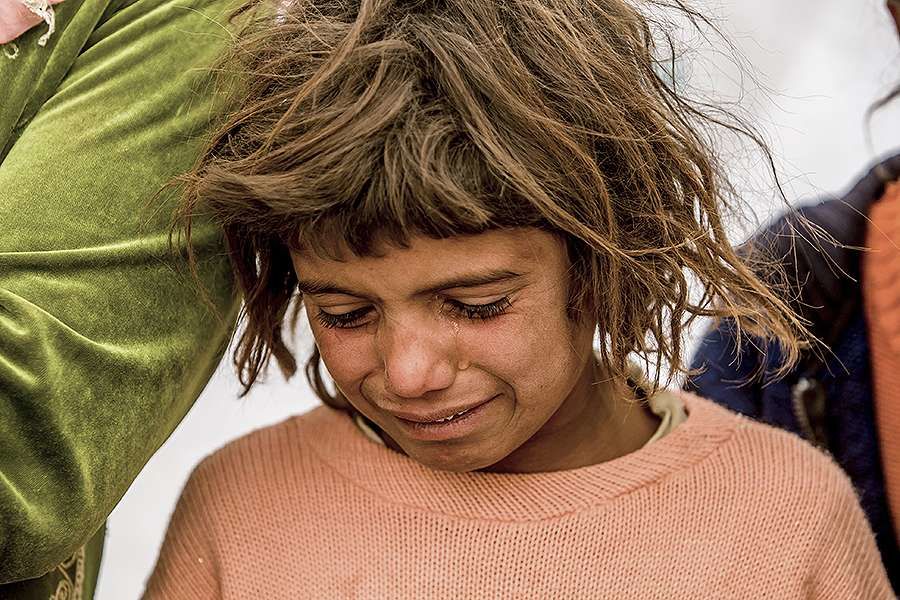Vatican City, Nov 3, 2017 / 02:53 pm (CNA/EWTN News).- This week, representatives from Catholic universities around the world are gathered in Rome to study how higher education can better respond to the global migrant and refugee crisis, particularly when it comes to research.
Catholic universities have a lot of potential, and “it was thought that if this potential was put at the service of one of the principal concerns of the Holy Father, migrants and refugees, we can really make a change, make a difference in respect to what was done before,” Fr. Fabio Baggio told CNA.
One of two undersecretaries for the migrants and refugees section of the Vatican dicastery for Integral Human Development, Baggio spoke ahead of a conference organized by Catholic universities around the world, titled “Migrants and Refugees in a Globalized World: the Response of Universities.”
Happening in Rome Nov. 1-4, the conference is organized by the International Federation of Catholic Universities (IFCU) in partnership with the Being the Blessing Foundation, the Pontifical Gregorian University, and the Center for Interreligious Understanding.
In his comments to CNA, Baggio said as soon as the dicastery heard about the initiative, they offered their support, and are hopeful that “the good practices that some universities already have can be applied, multiplied and that many others can do it.”
Baggio also voiced his hope that the universities would be able to build a stronger network in order to both share resources among the wealthier universities and those with less funding, and to share best practices.
Key goals for the conference include garnering a better understanding of the reality of the global migrant and refugee crisis, studying the different approaches to teaching university students about the issue, and exploring various ways to respond to the need for higher education of those living in refugee camps.
Various representatives from Catholic universities throughout the world are speaking on the issue from their local perspectives, and exchanging ideas on how to conduct better research in order to come up with concrete action points when responding to the educational needs of migrants.
The topic of migrants and refugees has been among the leading issues of Pope Francis' pontificate. Not only does he address it in many of his speeches, but he has chosen to directly oversee the migrant and refugee section of the dicastery for Integral Human Development.
Fr. Baggio technically works under dicastery president Cardinal Peter Turkson. However, he reports directly to the Pope on the topic of migrants and refugees. He said Francis has been very clear about the issue from the beginning.
“The Holy Father was very clear the first time he spoke about this in Strasbourg (and) he was very clear when he received the Charlemagne Prize here in Rome, where he said that Europe must rediscover its roots, cultural roots and the roots of civilization,” he said.
“The moment in which we abdicate that which we built as a civilization, is the moment when we completely annul everything, we are resigned,” he said, explaining that in Europe, “we are in the cradle of law and the cradle of human rights and the cradle of dignity.”
“So I say that in this sense it's a great invitation for Europe to rediscover her own roots, and to go forward with a great project of unity for all peoples, not being afraid of losing one's own identity, but on the contrary, to be enriched with the wealth that others bring.”
Pope Francis will be meeting with conference participants Saturday, Sept. 4, to close out the event, to discuss what he believes universities can and should be doing when it comes to the migrant and refugee crisis.

